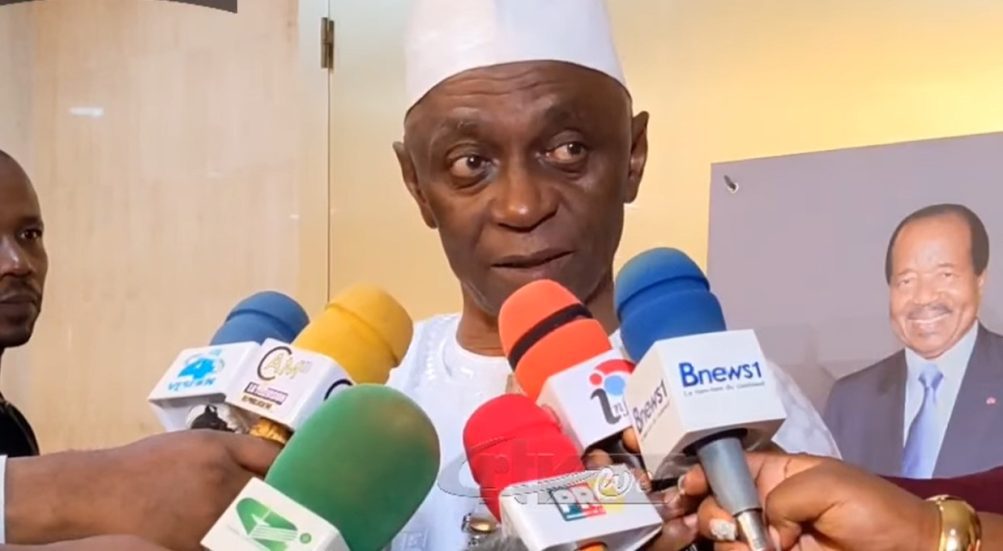CameroonOnline.ORG | On Monday, August 11, 2025, a distinguished delegation of Imams representing the ten regions of Cameroon visited the Unity Palace. Led by Imam Moussa Oumarou, the General Coordinator of the Council of Imams and Muslim Dignitaries (CIDIMUC), they presented a symbolic and solemn pledge of support to President Paul Biya, reinforcing the narrative of unity under his leadership.
The Imams’ visit follows a recent wave of high-profile endorsements ahead of the October 12, 2025, presidential election—further amplifying the growing chorus of voices rallying behind President Biya’s bid. Just days earlier, city mayors had gathered at the Unity Palace to declare their backing, underscoring the president’s portrayal as a beacon of stability and peace. Similarly, Sawa traditional chiefs had publicly aligned with the ruling RDPC, prompting observers to weigh whether these gestures stem from genuine allegiance or are part of a well-rehearsed political ritual.
The Imams’ statement echoes this orchestrated rhythm of pre-election endorsements. Their presence at the Unity Palace, the very seat of power, adds a religious imprimatur to the burgeoning display of allegiance—something that resonates deeply in Cameroonian society, where religious leaders carry immense local influence. The staging of such events—spanning traditional chiefs, municipal authorities, and now religious dignitaries—raises a familiar observation: these public displays of unity may serve both as sincere affirmations and as strategic choreography of political optics.
As the October 12 election looms, these high-profile endorsements accumulate into a crescendo of support for Biya, highlighting both his enduring dominance—having ruled since 1982—and the mechanisms through which power is reaffirmed in the lead-up to electoral contests.
